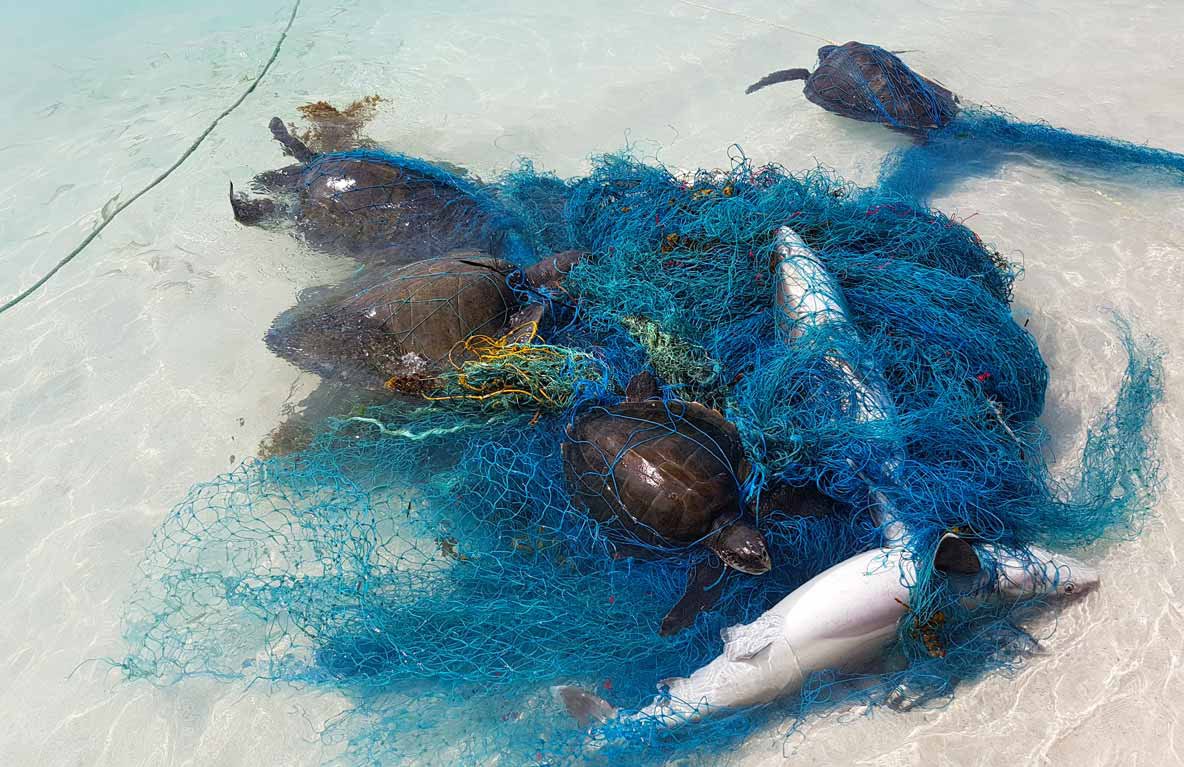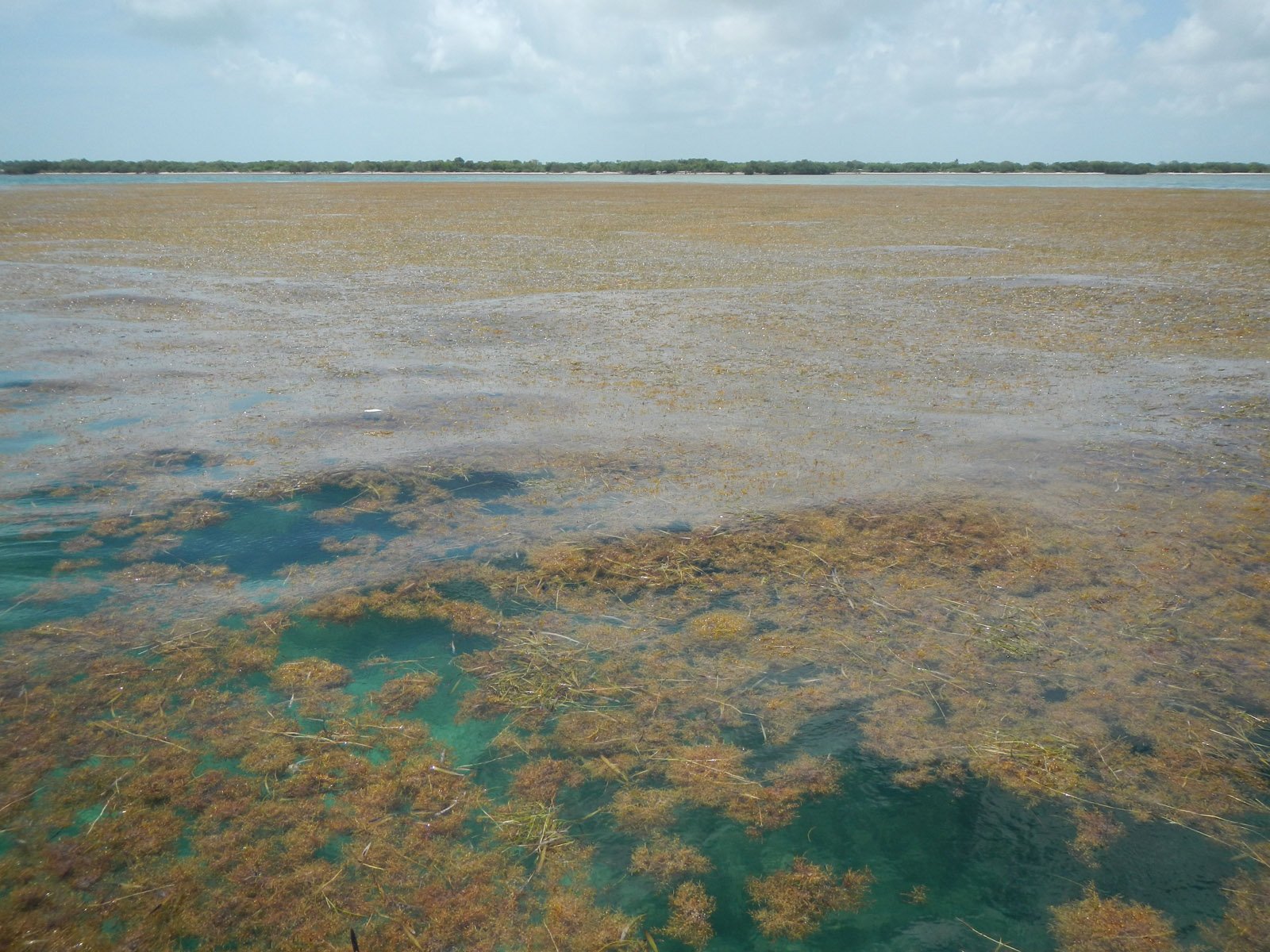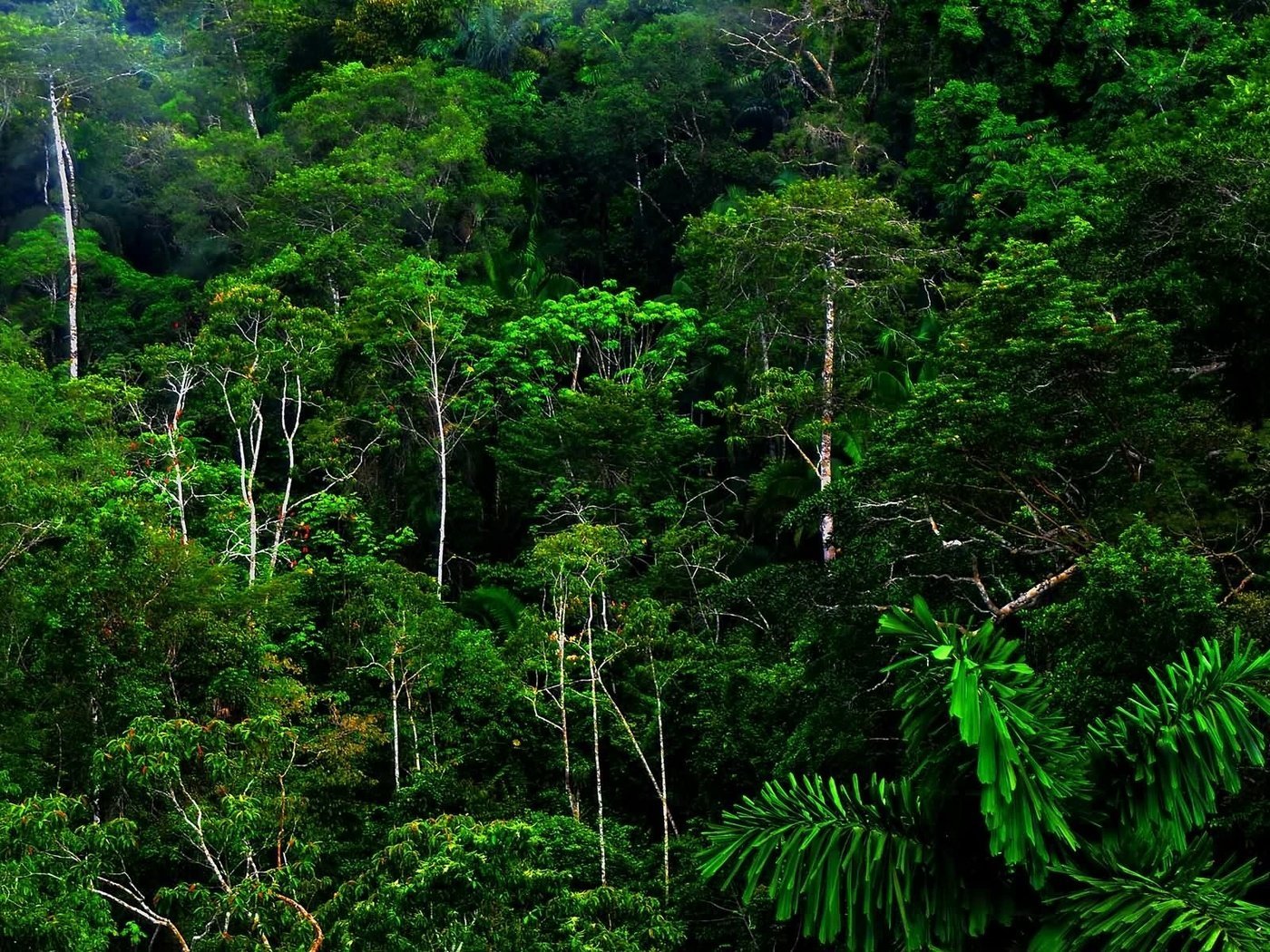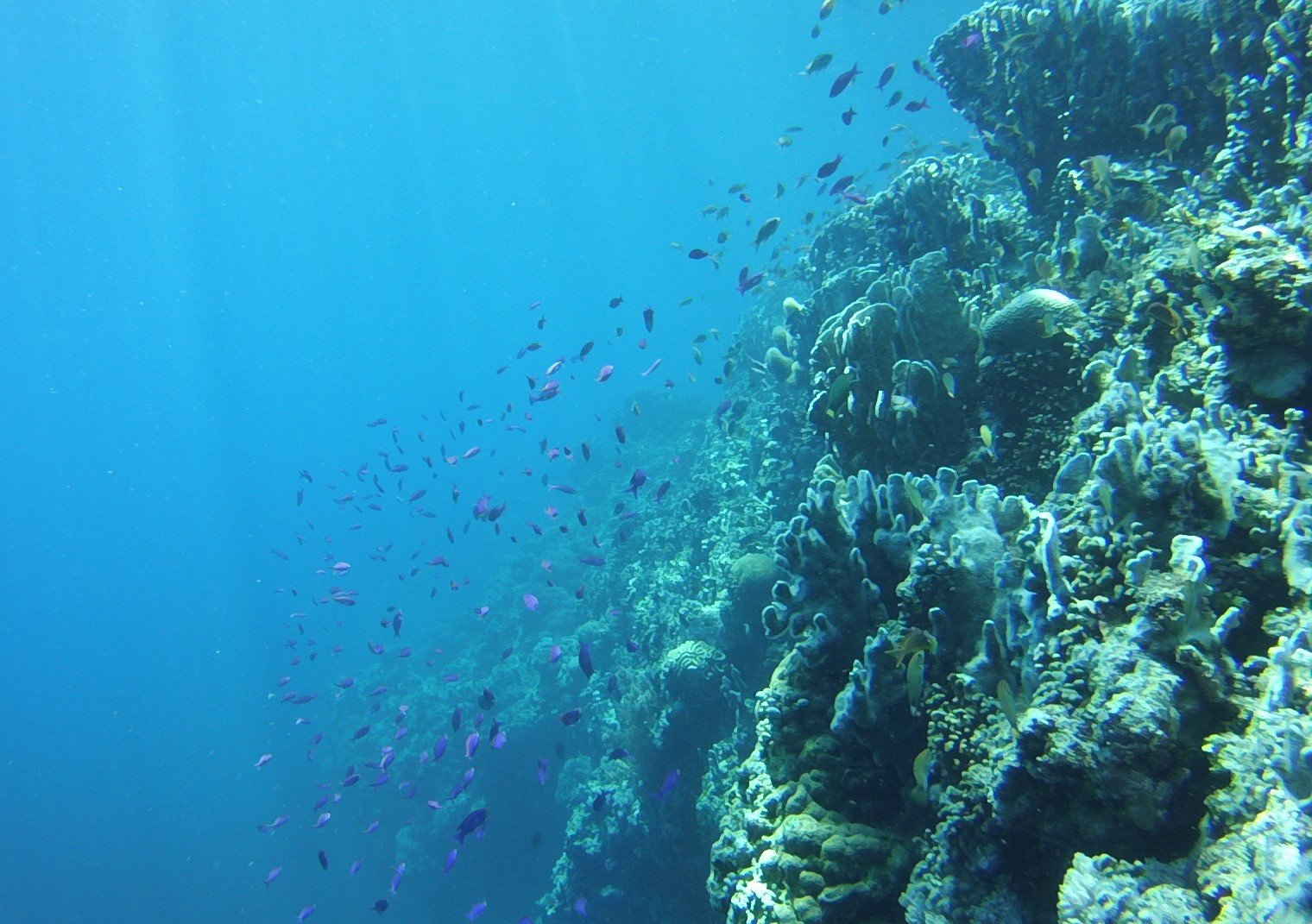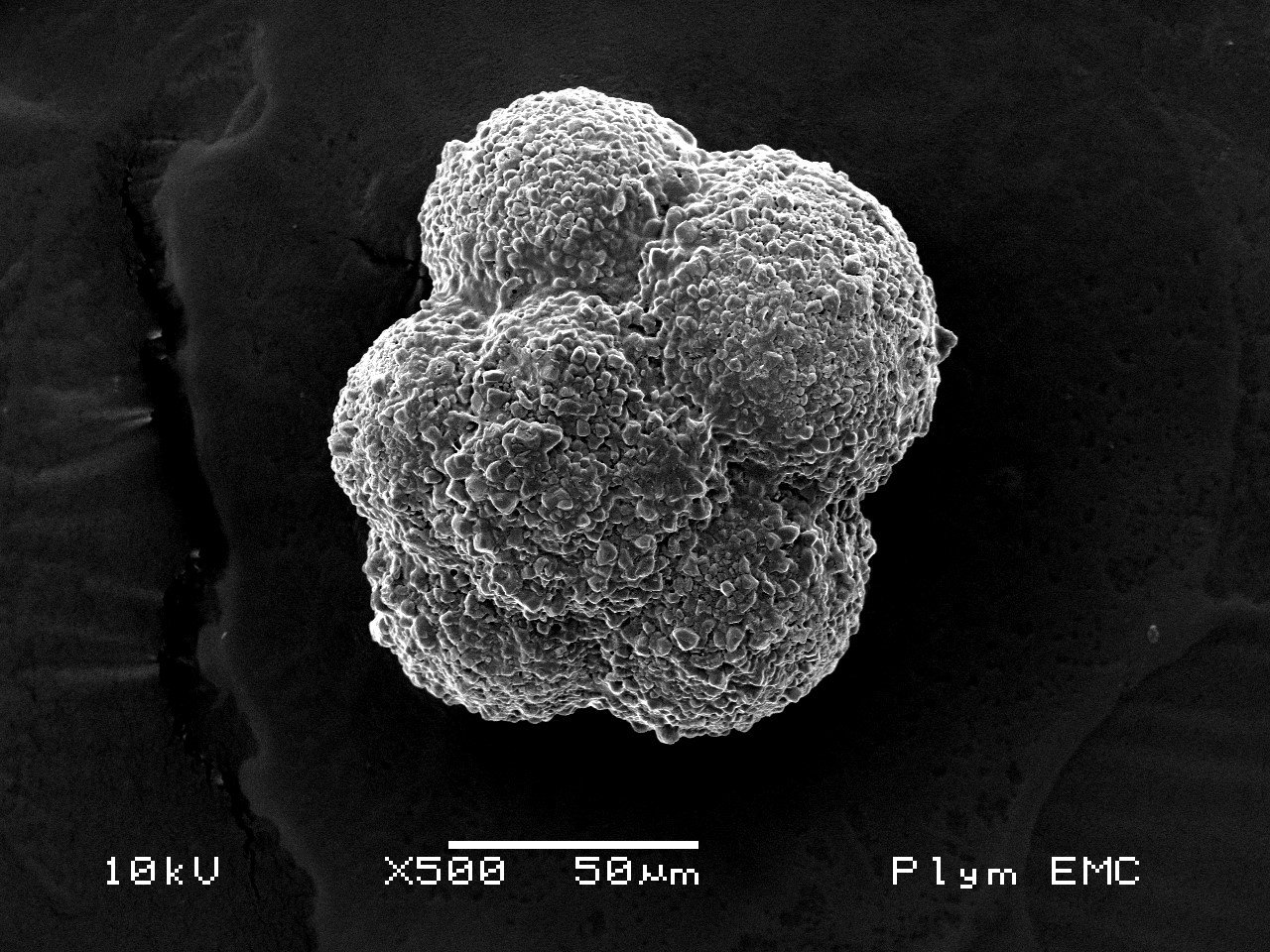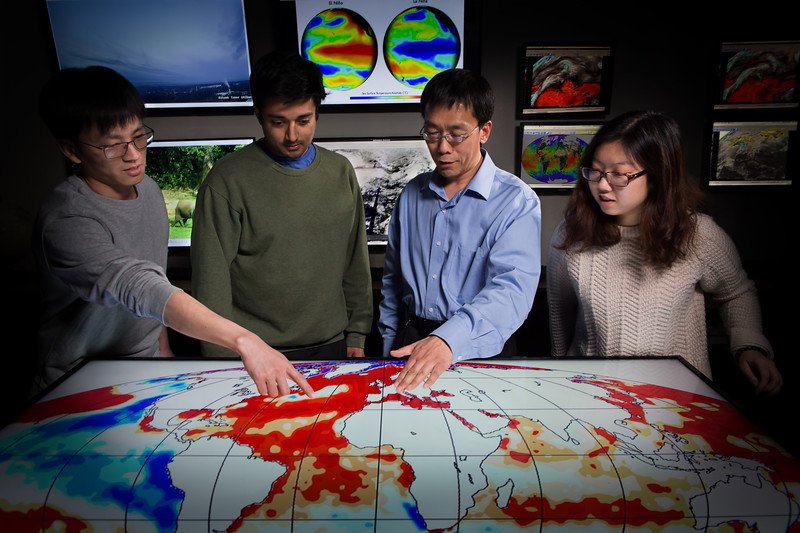Ammonia emissions from agriculture can effect cirrus clouds over Asia
At altitudes of 12-18 km the Asian Tropopause Aerosol Layer (ATAL) extends from the Mediterranean to the Western Pacific during the season of the Asian summer monsoon. The origin and properties of the ATAL have been debated actively since its discovery nearly a decade ago. A team of scientists from Europe has now discovered that … Read more


